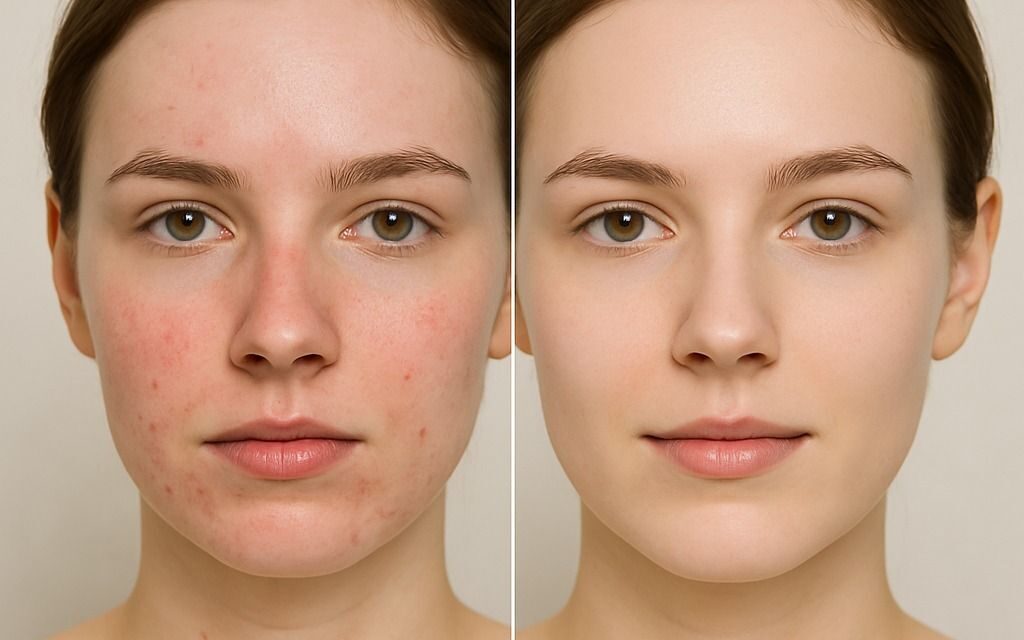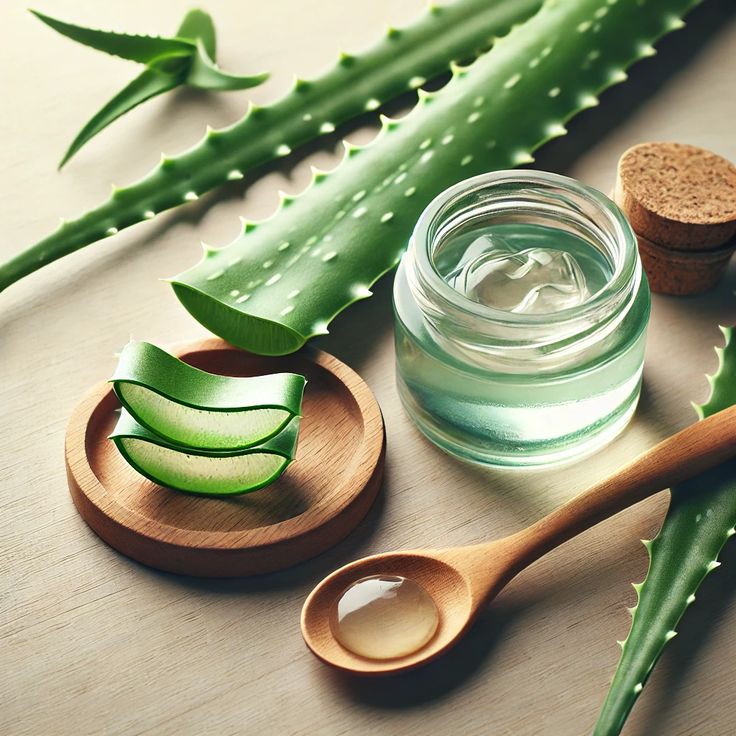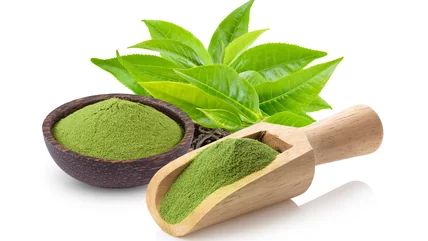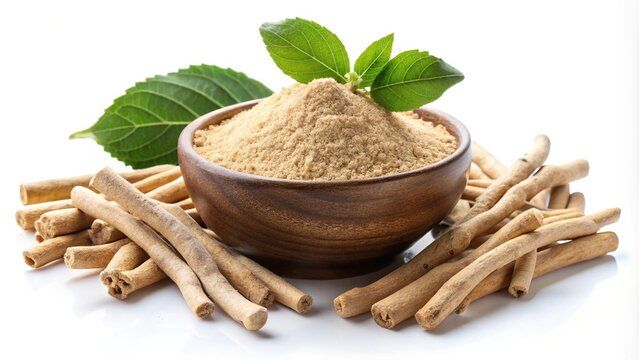Melasma can be stubborn, but nature has gentle answers. Instead of harsh chemicals, turn to time-tested home remedies that help fade dark patches, soothe inflammation, and restore your skin’s natural glow — all without side effects. With consistency and care, natural ingredients like aloe vera, turmeric, and licorice can make a visible difference.
1. Aloe Vera Gel
-
Contains aloesin, which helps lighten hyperpigmentation.
-
How to use: Apply fresh aloe vera gel daily before bed. Leave overnight and rinse in the morning.
✅ 2. Apple Cider Vinegar (ACV)
-
ACV contains acetic acid that gently exfoliates and brightens.
-
How to use: Mix equal parts ACV and water. Apply with a cotton pad. Leave for 5 minutes and rinse. Use 2–3 times a week.
⚠️ Always do a patch test first.
✅ 3. Turmeric Mask
-
Turmeric reduces melanin and inflammation.
-
How to use:
Mix 1 tsp turmeric + 2 tsp milk or yogurt + 1 tsp honey. Apply for 15–20 minutes, then rinse.
✅ 4. Green Tea Extract
-
Rich in antioxidants that protect and heal the skin.
-
How to use: Dab cooled green tea (used tea bag) directly on affected areas daily.
✅ 5. Licorice Root Extract
-
Helps block tyrosinase, an enzyme involved in melanin production.
-
How to use: Look for creams with licorice or add licorice powder to your DIY face packs.
🌞 Natural Prevention Tips for Melasma
Treating melasma is important — but preventing it from coming back is even more crucial. A few natural lifestyle changes can go a long way in keeping your skin even-toned and healthy.
1. Use Sunscreen Daily:
Sun exposure is the biggest trigger for melasma. Always use a broad-spectrum sunscreen with SPF 50+, even when you’re indoors or it’s cloudy outside. Reapply every 2–3 hours if you’re spending time outdoors, especially between 10 a.m. and 4 p.m.
2. Wear a Hat or Scarf:
Physical protection is just as important as sunscreen. Wearing a wide-brimmed hat, dupatta, or scarf helps shield your face from harsh UV rays, reducing the chances of dark patches returning.
3. Stay Hydrated & Eat Clean:
What you eat reflects on your skin. Drink plenty of water and coconut water to keep your skin hydrated from within. Add foods rich in Vitamin C (like amla, oranges), Vitamin E (almonds, sunflower seeds), and zinc (pumpkin seeds, chickpeas) — these help repair skin damage and prevent pigmentation.
4. Avoid Heat & Sweating on Face:
Heat can also worsen melasma. Avoid steam facials, hot showers, or standing too close to the gas stove for long periods. Always wipe your face gently if you sweat.
5. Gentle Skincare Routine:
Avoid harsh scrubs or chemical-laden products. Stick to a mild, natural skincare routine that supports healing and soothes inflammation.


















